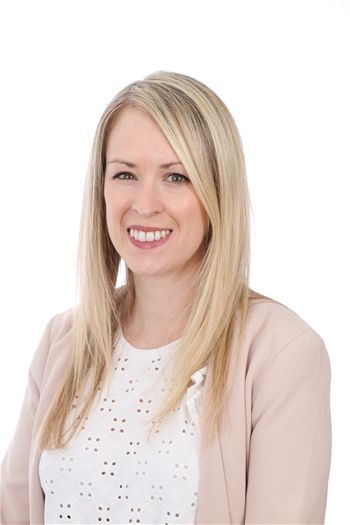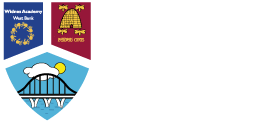- Home
- Curriculum
- Geography
Geography

The Geography Co-ordinator is Mrs Harding
We aim for a Widnes Academy Geographer to:
Show curiosity about the world
See wonder and variation across our planet and its global community
Show care and concern for the environment and society
Recognise that we have things in common with other cultures even if there are visible differences in our everyday experiences
Be able to develop, describe and explain their own values
As our children learn about Geography in Widnes Academy, we intend to give them the enthusiasm, knowledge and skills to be global citizens who can recognize and appreciate the wonder and variation across our planet. We want them wonder and ask questions about both our local environment and the wider world and look for how we fit in as part of this global community. In tandem with our Science and PSHE learning, we want them to develop a care and concern for the environment and for the different societies that make up our planet. We want them to be equipped with skills to allow them independence such as reading maps and knowing what symbols and keys at different scales mean.
We aim to match our pupil’s local context to our content and use our surrounding area to give real life experiences – e.g. observing the flow of the Mersey and conditions at it’s banks; woodland areas; exploring how we can improve our local environment down to microhabitats for minibeasts. We take opportunities to broaden our pupils’ breadth of experience to include a range of cultures e.g. Black History in Autumn term.
Please click the links below to see the Geography Overview for each class.


